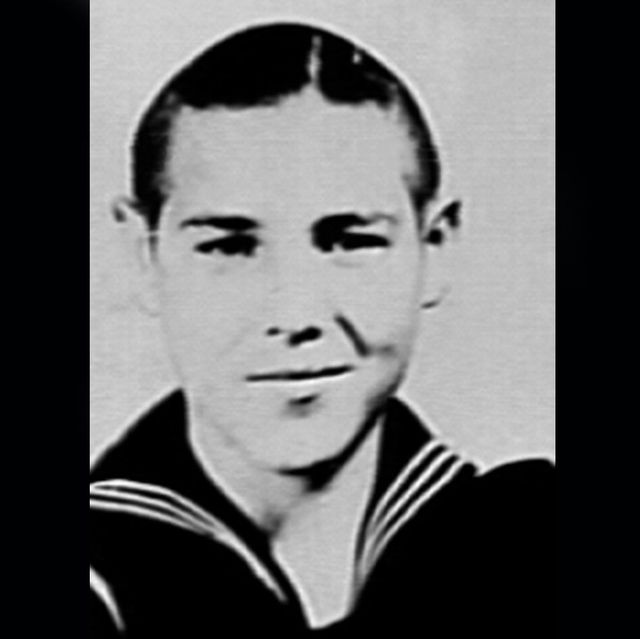In 1942, Calvin Graham, a Texas native, enlisted in the U.S. Navy to fight in World War II. He was only 11 years old. Graham had run away from his abusive father and spent time on the street selling newspapers, but when the war began, he sensed an opportunity to get even further away, as is detailed in this video from Today I Found Out.
In the 1940s, faking your identity was a whole lot easier than it is today. All Graham had to do was fake his mother's signature and steal a notary stamp. He made it through the physical examination to get into the army, probably in part because he was big for his age, at 5'2" and 125 pounds.
After spending time at boot camp in San Diego, Graham was sent out on the USS South Dakota. The ship was attacked by Japanese aircraft during the Naval Battle of Guadalcanal, and Graham was injured. He spent the night taking care of the wounded, earning him a Bronze Star and a Purple Heart.
This glory wouldn't last long. Shortly after, Graham's mother contacted the Navy and told them her son's true identity. Instead of just releasing the child, the Navy threw him in the brig for three months in Texas, only releasing him when his sister threatened to contact the media. He was then dishonorably discharged and stripped of his medals.
This decision by the military lead to a lifetime of struggle for Graham to qualify for disability and to have medical expenses covered. Jimmy Carter reinstated all his medals besides the Purple Heart, but it wasn't until 1988 that Ronald Reagan gave him full disability and $18,000 of coverage for medical backpay. But even then, Graham wasn't able to find receipts from many doctors who had died in the time since he received treatment, and much of the money went unused. He died in 1992 of heart failure at the age of 62, and only in 1994 was his Purple Heart restored and given to his widow.
We can hope that a story like Graham's would be impossible today, with the improvements in identification. But more troubling than his young age at the time of his service is the reaction of the military and the denial of benefits this young veteran—a problem that is sadly still relevant to this day.
Source: Today I Found Out via Digg













